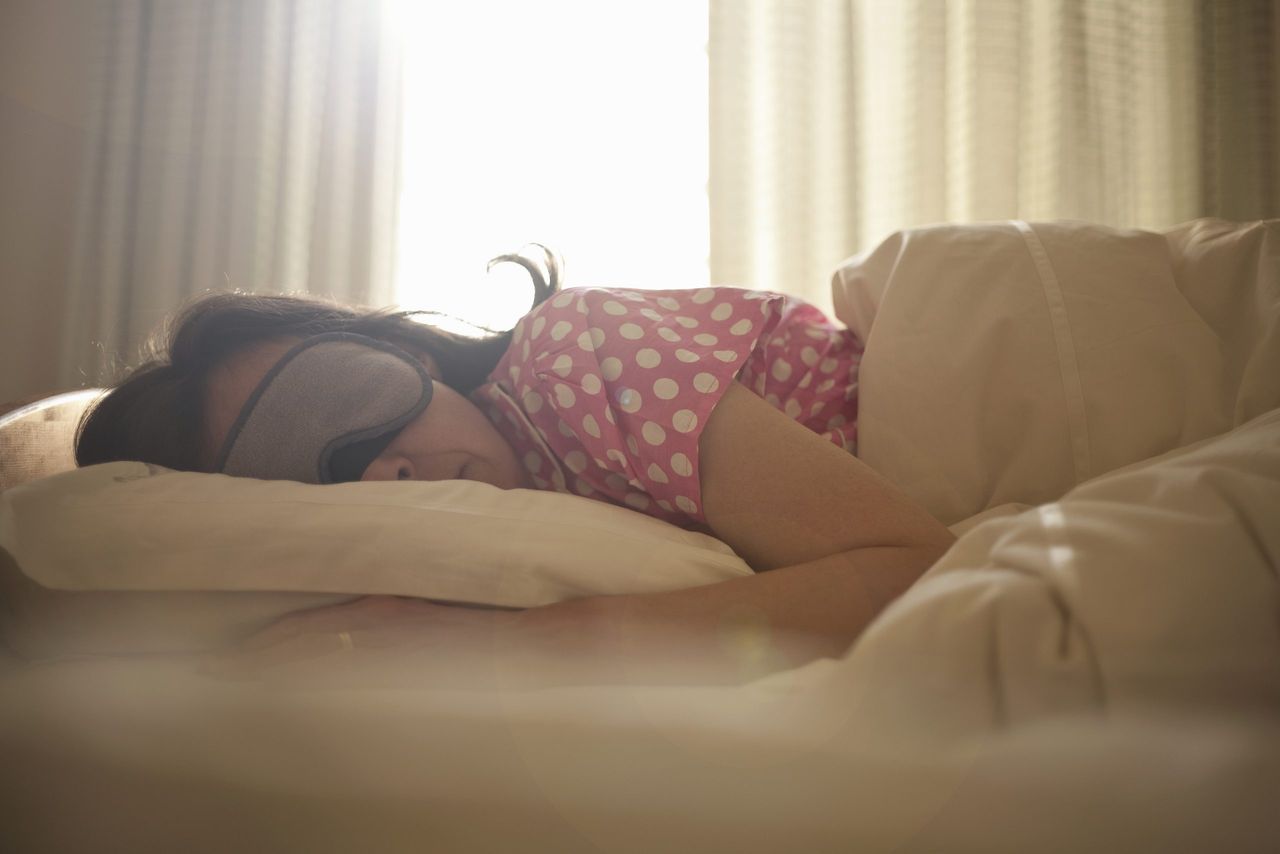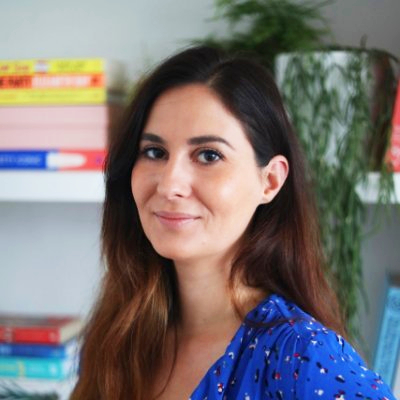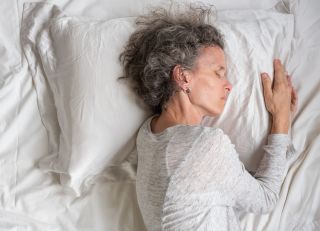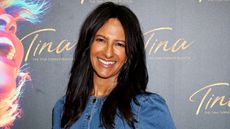The 'Sleeping Beauty diet': the dangerous fad diet with serious side effects
Avoid this 'diet' completely.


We all know we need our ‘beauty sleep'.
Whether it's to give us the strength and energy we need for the day ahead, or to recuperate from the day before (or both, as it should be) - getting a good night's sleep can improve our physical health, lower our stress levels and improve our memory.
Plus, we're all in a better, brighter mood after a good night's sleep, rather than when we're sleep deprived!
Given how vital it is to our wellbeing, it's also no surprise that doctors have widely found that getting a good night's sleep is also key to losing weight.
MORE:Can the Ketogenic Diet help you lose weight? We debunk the high-fat diet myths
Psychologically, it has been proven that when we're tired we want to eat more (and more of the bad stuff, such as sugar or unhealthy fats), in order to attempt to up our energy levels, which won't help us out with our weight loss goals. When we're fully rested, we're likely to be more motivated to follow a balanced diet and exercising regularly too, as we'll have more energy and be less likely to give in to more sedentary behaviours.
However, a worrying diet led by the notion of plentiful sleep has emerged over recent years - the Sleeping Beauty Diet.
Sign up for the woman&home newsletter
Sign up to our free daily email for the latest royal and entertainment news, interesting opinion, expert advice on styling and beauty trends, and no-nonsense guides to the health and wellness questions you want answered.
What is the Sleeping Beauty Diet - and why is it so dangerous?
It has been reported that people are taking the idea of sleeping for weight loss to incredibly unhealthy extremes, encouraging dieters to sleep for up to 20 hours a day using sleeping pills and sedatives. These dangerous ideas are reportedly being shared by women in pro-anorexia online forums as an extreme way to lose weight.
The idea is that if you're not sleeping, you won't be able to eat anything at all - and as such might not be as likely to put on any weight.

However, doctors are widely warning against using sleeping pills and sedatives to follow the so-called extreme ‘Sleeping Beauty Diet', as using drugs to aid sleep in this way can be highly addictive. In addition, the potential for an overdose is high, meaning that these women are putting themselves in life-threatening situations simply in order to be 'slim'.
Dr. Tracey Wade, a professor at the Flinders University School of Psychology, toldBroadly, ""If people have to rely on medications to produce sleep - particularly [meds] like benzodiazepines, which are addictive - it's putting the person at risk of addiction."
"It's not only getting the body to sleep more than it needs to; they'll also have to use higher and higher dosage levels to get the desired effect."
Linia Patel, a dietician and spokesperson for the British Dietician Association, also explained to Cosmopolitan that the diet isn't even scientifically proven to help people lose weight - in fact, it could do the opposite.
She said, "One study showed that people who slept for 9 – 10 hours a night were 21% more likely to become obese. Oversleeping has been linked to a number of medical problems such as heart disease and diabetes as well as an increased risk of death.”
It's also important to note that any disordered way of looking at eating, such as this, is unhealthy and unsustainable. Food should not be seen as something to deny yourself, in any way - be it with sleep or otherwise. If you find yourself struggling with these kind of thoughts around food, diet, and your body, book in for an appointment with the GP as soon as possible, as they can find you help to deal with your anxieties and concerns.
Lauren is the former Deputy Digital Editor at woman&home and became a journalist mainly because she enjoys being nosy. With a background in features journalism, Lauren worked on the woman&home brand for four years before going freelance. Before woman&home Lauren worked across a variety of women's lifestyle titles, including GoodTo, Woman's Own, and Woman magazine.
-
 Caught ending explained: Who was the killer and is Leo dead?
Caught ending explained: Who was the killer and is Leo dead?Another Harlan Coben thriller is riding high on Netflix, and viewers are asking for a deep dive of the intense ending of Caught
By Lucy Wigley Published
-
 Chocolate brown is everywhere but Ranvir Singh's Reiss sale dress stands out from the crowd
Chocolate brown is everywhere but Ranvir Singh's Reiss sale dress stands out from the crowdRanvir Singh has made us fall in love with deep cocoa brown all over again and her Reiss midi dress is more than 50% off
By Emma Shacklock Published
